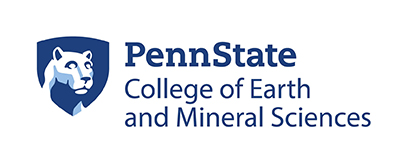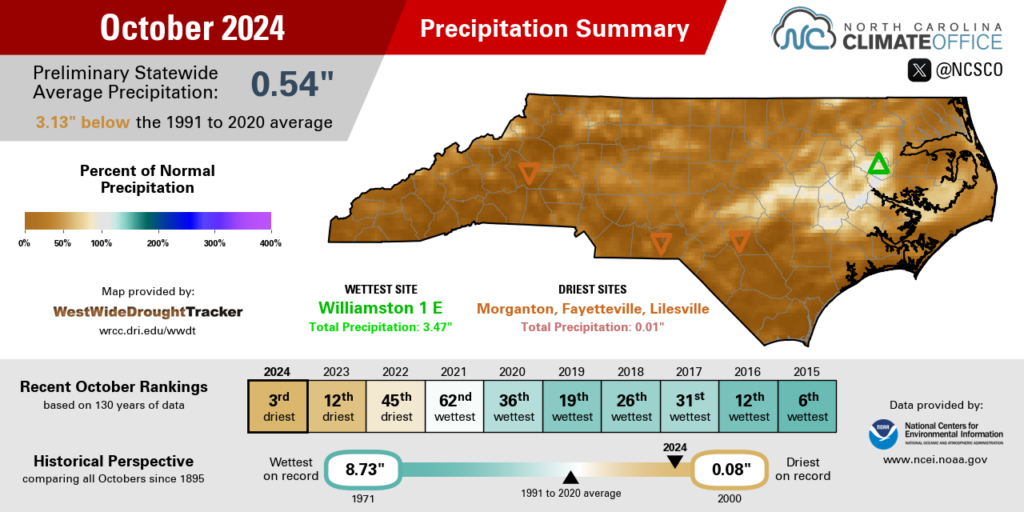The main duties involved in a post-doctoral posistion is to conduct research. Teaching may also be included, but up to no more than 20% of working hours.
Date posted
Oct. 16, 2023 10:15 am
Application deadline
Oct. 25, 2023 5:00 pm
Organization
Lund University
Location
Job description
Subject description
Climate modelling is within the general field of geobiosphere science and is an aspect of physical geography and ecosystem science.
Bioaerosols in mixed-phase clouds can initiate ice and thereby may influence the precipitation and microphysical properties of the clouds, such as the numbers and sizes of cloud-particles aloft. This in turn may influence radiative fluxes and meteorological conditions at the land surface where the bioaerosols are emitted. It is an open question whether bioaerosols, if their microphysical effects are treated in detail with competing sources of ice also represented, can influence the climate on the global scale.
Mixed-phase layer-clouds (‘stratiform’ clouds) may be essential for such a linkage, if it exists. Although active bioaerosols are far less numerous than other types of aerosol particles that initiate ice in most of the troposphere above the freezing level, they can be more numerous at warm subzero temperatures (e.g. warmer than about -10 degC). Thus, stratiform layer-clouds entirely at such warm subzero levels might be expected to be more influenced by biological ice nucleation than other cloud-types.
The project will research this topic by quantifying the linkage between bioaerosols, layer-clouds and climate. A postdoctoral fellow-position for two years is to be filled.
Work duties
The main duties involved in a post-doctoral posistion is to conduct research. Teaching may also be included, but up to no more than 20% of working hours. The position shall include the opportunity for three weeks of training in higher education teaching and learning.
These tasks will be performed:
- Improve treatment of fragmentation in ice-ice collisions by analysis of video imagery from observations outdoors;
- Simulate a case of layer-cloud observed in USA, comparing with coincident observations;
- Predict the impact from various groups of bioaerosols on the simulated cloud properties;
- Treat the linkage between bioaerosols and clouds on the global scale with a deep learning tool.
This will involve coding with FORTRAN 90 and python languages in a linux environment. The work will be mostly performed in a team of atmospheric modellers at the Department of Physical Geography and Ecosystem Science.
Qualification requirements
Appointment to a post-doctoral position requires that the applicant has a PhD, or an international degree deemed equivalent to a PhD, within the subject of the position, completed no more than three years before the date of employment decision. Under special circumstances, the doctoral degree can have been completed earlier.
Additional requirements:
Researchers with a background in numerical modeling and knowledge of mesoscale meteorology are encouraged to apply.
Applicants must have:
- PhD degree in meteorology or equivalent
- BSc in physics or equivalent
- Oral and written proficiency in English.
- Programming language experience in a linux environments, with the Fortran and python languages
- Experience with graphics packages (e.g. matlab).
Assessment criteria and other qualifications
This is a career development position primarily focused on research. The position is intended as an initial step in a career, and the assessment of the applicants will primarily be based on their research qualifications and potential as researchers.
Particular emphasis will be placed on research skills within the subject.
For appointments to a post-doctoral position, the following shall form the assessment criteria:
- A good ability to develop and conduct high quality research.
- Teaching skills.
Additional criteria:
Documented knowledge, preferably from his / her university education in:
- mathematics, especially differential equations;
- numerical methods and computer programming; and
- physical meteorology, especially cloud microphysics, including the initiation and growth of ice particles.
Experience with artificial intelligence software would be an advantage.
Consideration will also be given to good collaborative skills, drive and independence, and how the applicant’s experience and skills complement and strengthen ongoing research within the department, and how they stand to contribute to its future development.
For more details
https://lu.varbi.com/en/what:job/jobID:657186/




















Discussion about this post